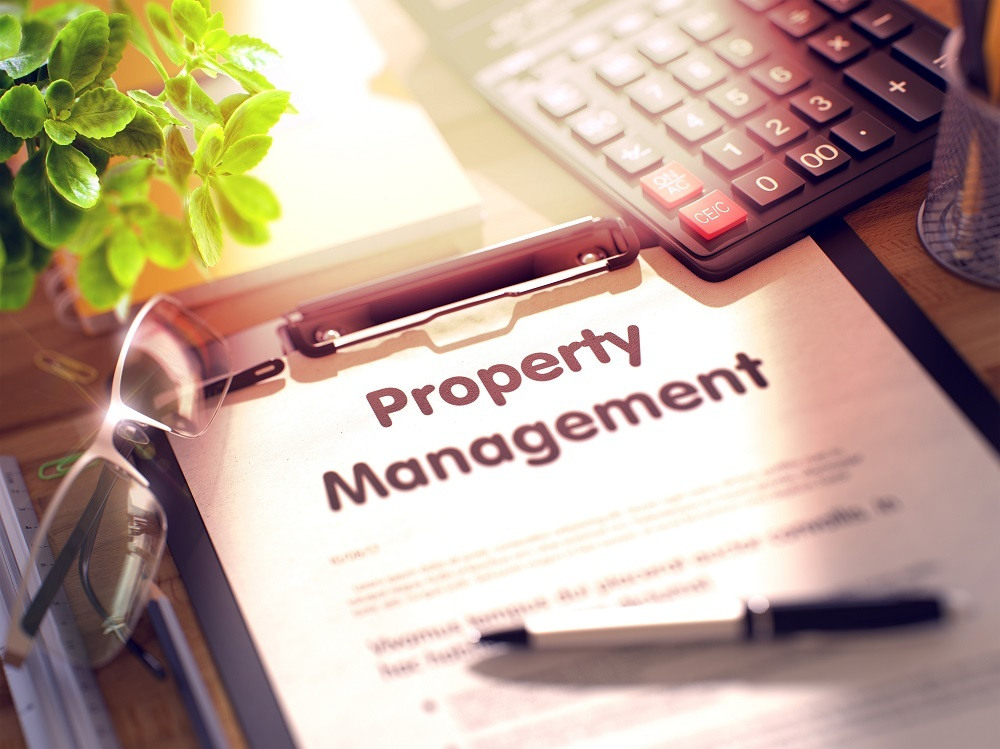Being a landlord can be time-consuming and stressful.
But that’s where a good property manager is worth their weight in gold, taking the strain of a landlord’s rental portfolio and giving them back their time.
Deciding whether to use a property manager is a big decision, though.
So, we’ve outlined everything you need to know in this guide, including the things you should look for when choosing a property manager…
What is property management?
Property management involves the day-to-day running of a property, or portfolio of properties, on behalf of a landlord.
By using a property manager, landlords are able to hand over the many responsibilities that come with their rental properties to a qualified professional.
What does a property manager do?
A letting agent property manager’s responsibilities include:
- Finding and referencing potential tenants
- Arranging tenancy agreements and inventories
- Protecting tenancy deposits
- Marketing their landlords’ rental properties
- Collecting rent and chasing arrears
- Organising maintenance, repairs and dealing with emergencies
- Undertaking rent reviews
- Inspecting properties during tenancies
- Renewing tenancies
- Dealing with notice periods
- Ensuring their landlords’ properties are safe and fully compliant
What does property management include?
Most letting agents offer a variety of property management services to suit individual landlords’ needs.
Property management often starts with a basic tenant find package, where the letting agent will:
- Complete a rental valuation
- Assist with obtaining a valid Energy Performance Certificate
- Market the rental property on the major property portals
- Undertake accompanied viewings with potential tenants
- Complete tenant referencing and financial checks
- Provide a tenancy agreement and other documentation
- Arrange a gas safety certificate
- Ensure the property is fully compliant
- Collect and protect the tenant’s deposit
A full management service, meanwhile, should include all of the above, plus:
- Rent collection and arrears chasing, if necessary
- Arranging ongoing maintenance and repairs
- Completing regular property inspections
- An annual rent review
- Tenancy renewals
- Arranging deposit return at the end of tenancies
The benefits of property management for landlords
Working with a letting agent property manager comes with a huge number of benefits for landlords, including:
1. Regulation
All letting agents in the UK must be members of one of two property redress schemes:
- The Property Ombudsman
- The Property Redress Scheme
This legal requirement means if a landlord has a complaint about a letting agent’s service and a resolution can’t be found, they can direct their issue to one of those redress schemes.
Both schemes ensure letting agents abide by a firm code of practice and maintain high levels of service.
Letting agents must also join one of several client money protection schemes:
- Client Money Protect
- Money Shield
- Propertymark
- RICS
- Safeagent
- UKALA Client Money Protection
These schemes ensure landlords are compensated should the letting agent be unable to pay them their rental income or become insolvent.
2. Deposit protection
Protecting tenancy deposits in one of three government-backed schemes is a legal requirement for landlords.
And it must be done within 30 days of a tenancy start date, or the tenant may be able to claim compensation and the landlord will be unable to issue a section-21 notice to regain possession of their rental property.
By using a letting agent property manager, landlords can be certain their tenants’ deposits are fully protected and they remain fully compliant.
3. Systemisation and efficiency
A letting agent will provide a legally binding tenancy agreement that protects the interests of both landlord and tenant.
Not only that, but a good agent will also be able to offer time-saving systems and processes to make tenancies start and run smoothly.
4. Compliance peace of mind
Tenant health and safety and remaining legally compliant is the most important aspect of being a landlord – but it’s also complicated and ever-changing.
A letting agent’s management service means all compliance issues will be taken care of, including, but not limited to:
- Gas safety regulations
- Electrical safety regulations
- Fire risk assessment and safety rules
- Minimum Energy Efficiency rules
5. Accompanied viewings
A letting agent’s tenant find service should offer accompanied viewings, where potential tenants are shown around the landlord’s property by the agent and can ask any questions they may have.
The impact of the pandemic also means many agents now offer online viewings in the first instance.
6. Local knowledge
Another huge benefit of using a letting agent is their local knowledge.
A good agent will be able to advise on the appropriate monthly rent based on local market conditions and undertake an annual rent review to ensure the landlord is receiving a fair rent.
They should also know what tenants in the area are looking for and provide guidance for landlords on how they can make their rental property stand out.
What makes a good property manager?
Property managers require certain traits and skills, so here’s what you should be looking for if you’re a landlord looking to hire one…
1. Organisation
There’s no question that property managers need to be organised.
After all, they’re often dealing with multiple aspects of property management at the same time.
An organised, systematic approach and lots of forward planning is key to being a successful property manager.
2. A thorough approach to screening
A bad tenant can be a recipe for disaster for landlords, which is why tenant referencing and financial checks are so important before any agreement is signed.
A good property manager will have a thorough approach to tenant referencing, ensuring they put the right tenant in the right property and avoid any headaches for their landlords.
3. Mediation
The rule ‘treat people how you would want to be treated’ is a golden one for property managers.
The relationship between a landlord and their tenants doesn’t always run smoothly and property managers are often caught somewhere in the middle.
A must-have skill for any property manager is mediation and treating all parties how they would want to be treated themselves.
4. A firm but fair attitude
While treating people fairly is always something you should look for in any property manager, a firm approach is also key.
Tenants in arrears or causing damage to a landlord’s property are in breach of their tenancy agreement and a property manager’s role is to deal with these situations firmly, fairly and professionally.
5. A willingness to never stop learning
Every tenancy is different and a good property manager will use all of their experiences to learn and improve.
Compliance and legislation, meanwhile, are changing all the time, so a further willingness to learn and adapt is equally as important.
6. Strong communication skills
A lot of a property manager’s job revolves around communicating with different people, from landlords and tenants to tradespeople and professional bodies.
Being able to communicate effectively, therefore, is certainly a trait all good property managers require.
Fees for property management
Letting agent property management fees can vary depending on the kind of service a landlord requires.
For a tenant-find only service, most letting agents will charge a one-off fixed fee for a certain service agreement.
A rent collection service is also often available for a fixed fee, while a full management agreement usually sees the letting agent take a percentage of the monthly rent as a fee.








